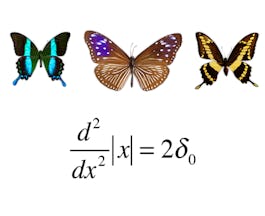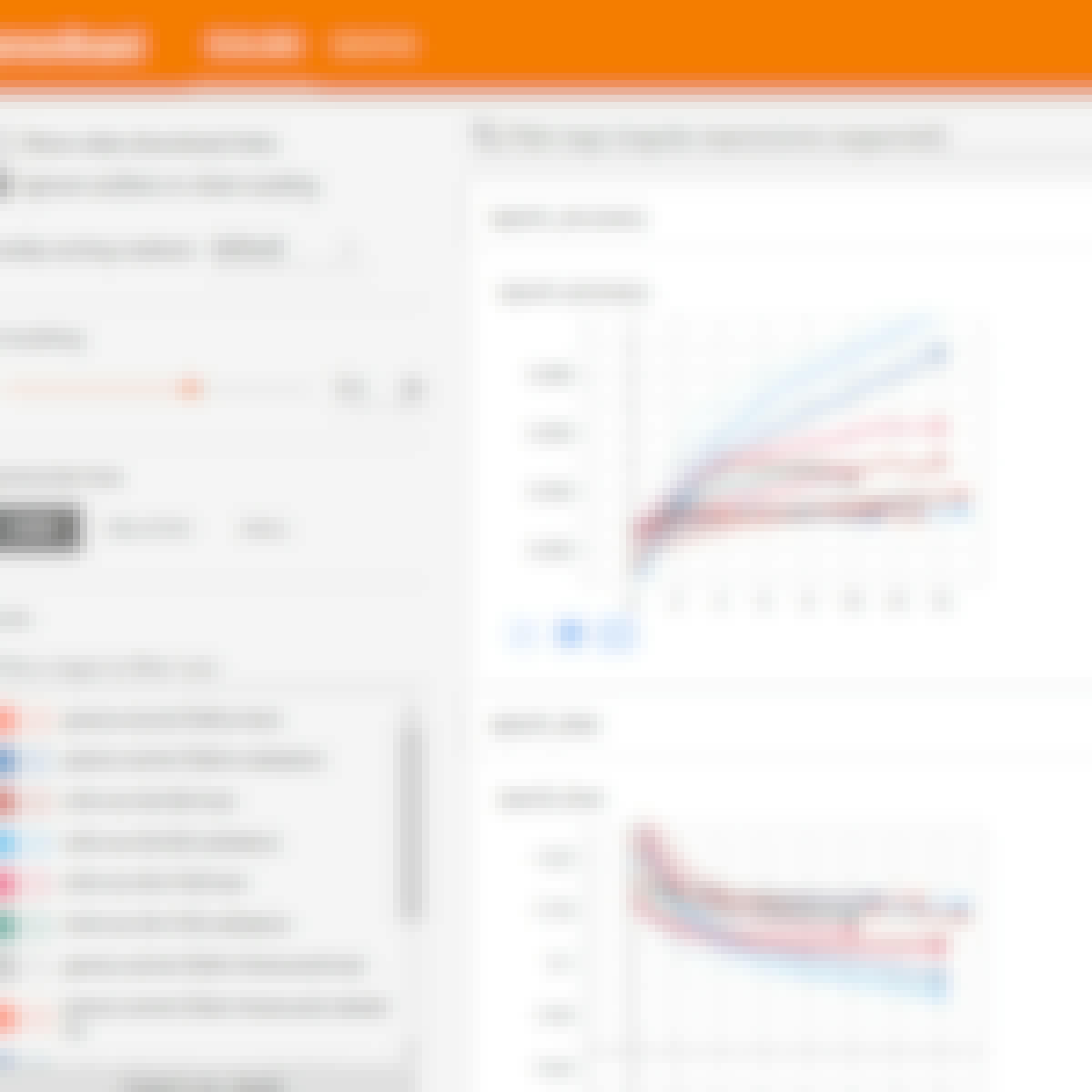Filter by
The language used throughout the course, in both instruction and assessments.
Results for "distributional+semantics"


Duke University
Skills you'll gain: Data Import/Export, Pandas (Python Package), Generative AI, OpenAI, Application Programming Interface (API), Data Manipulation, Databases, Artificial Intelligence, Data Storage Technologies
 Status: Free
Status: Free
ESSEC Business School
Skills you'll gain: Corporate Sustainability, Environmental Social And Corporate Governance (ESG), Environmental Issue, Business Ethics, Sustainability Reporting, Public Policies, Environment and Resource Management, Consumer Behaviour, Regulatory Compliance, Waste Minimization, Packaging and Labeling, Corporate Strategy


École Polytechnique
Skills you'll gain: Differential Equations, Advanced Mathematics, Integral Calculus, Calculus, Mathematical Theory & Analysis, Derivatives


University of Colorado Boulder
Skills you'll gain: Algebra, Calculus, Graphing, Applied Mathematics, Data Science, Derivatives, Mathematical Theory & Analysis


Coursera Project Network
Skills you'll gain: Canva (Software), Team Oriented, Data Visualization, Presentations, Multimedia, Technical Communication, Design Elements And Principles, Digital Publishing, Organizational Skills


Imperial College London
Skills you'll gain: Generative AI, Tensorflow, Deep Learning, Image Analysis, Bayesian Statistics, Artificial Neural Networks, Machine Learning, Unsupervised Learning, Probability & Statistics, Dimensionality Reduction


Coursera Project Network
Skills you'll gain: Student Engagement, Presentations, Interactive Learning, Teaching, Instructional Strategies, Educational Materials, Curriculum Planning, Interactive Design

Skills you'll gain: Matplotlib, Pandas (Python Package), Data Visualization, Natural Language Processing, NumPy, Linear Algebra, Deep Learning, Semantic Web, Data Manipulation, Machine Learning Algorithms, Machine Learning, Supervised Learning, Text Mining, Data Processing, Machine Learning Methods, Unstructured Data, Applied Machine Learning, Markov Model, Dimensionality Reduction, Python Programming


Universidades Anáhuac
Skills you'll gain: ChatGPT, Generative AI, Business Process Automation, Job Safety Analysis, Artificial Intelligence, Business Communication, Operational Efficiency, Trend Analysis, Automation, Data-Driven Decision-Making, Natural Language Processing, Content Creation


University of Colorado Boulder
Skills you'll gain: Probability, Probability Distribution, Statistics, Bayesian Statistics, Data Science, Statistical Analysis, Statistical Inference, Descriptive Statistics


Coursera Project Network
Skills you'll gain: Tensorflow, Natural Language Processing, Keras (Neural Network Library), Text Mining, Applied Machine Learning, Deep Learning, Software Visualization


Universidad de los Andes
Skills you'll gain: Probability, Probability Distribution, Applied Mathematics, Statistics, Risk Management, Risk Modeling, Statistical Modeling, Combinatorics, Descriptive Statistics
In summary, here are 10 of our most popular distributional+semantics courses
- Introduction to Retrieval Augmented Generation (RAG): Duke University
- Grande Distribution et RSE : Comprendre et Agir: ESSEC Business School
- Initiation à la théorie des distributions: École Polytechnique
- Algebra and Differential Calculus for Data Science: University of Colorado Boulder
- Crea un mapa mental interactivo usando Canva: Coursera Project Network
- Probabilistic Deep Learning with TensorFlow 2: Imperial College London
- Use Genially to Create Mind Maps: Coursera Project Network
- Natural Language Processing with Real-World Projects: Packt
- Productividad Empresarial con IA: ChatGPT: Universidades Anáhuac
- Probability Theory: Foundation for Data Science: University of Colorado Boulder











